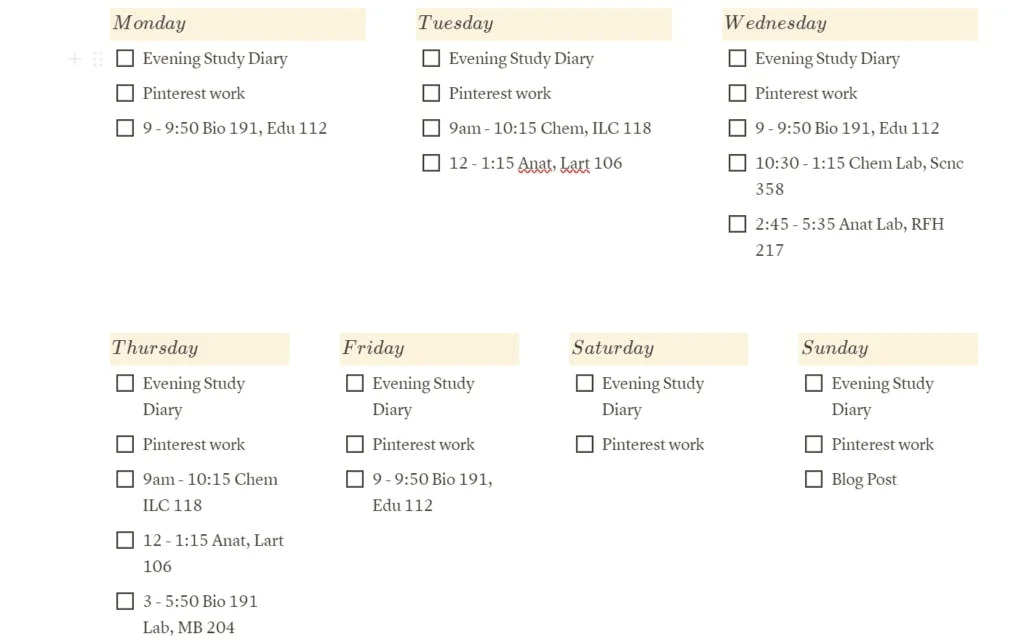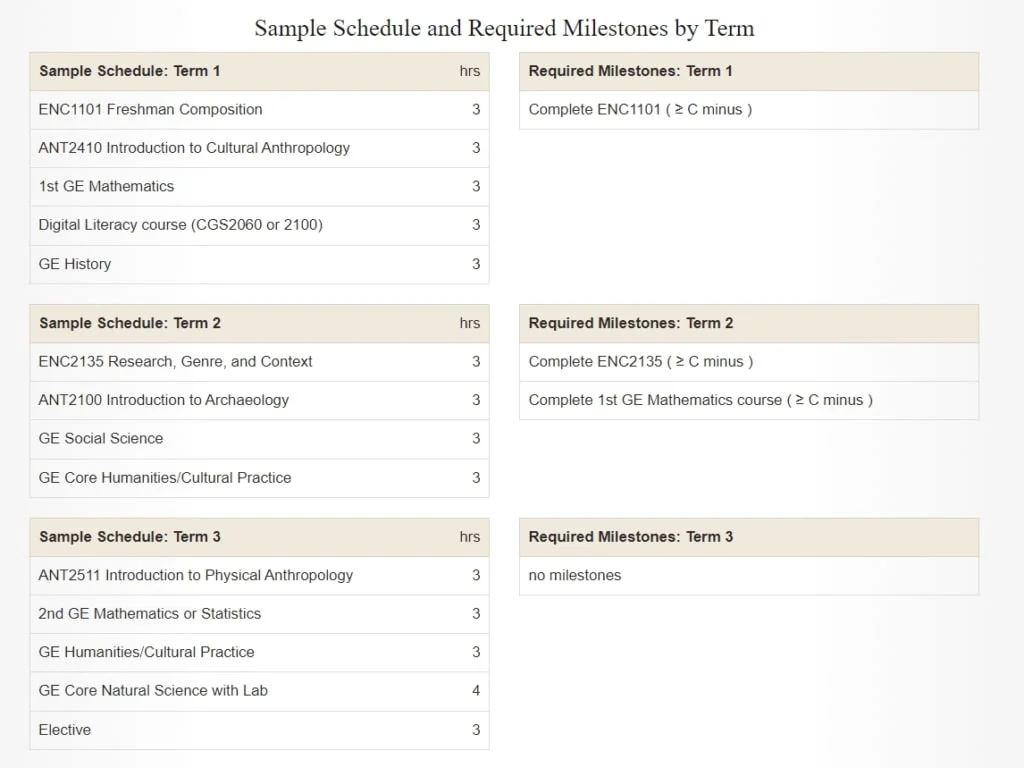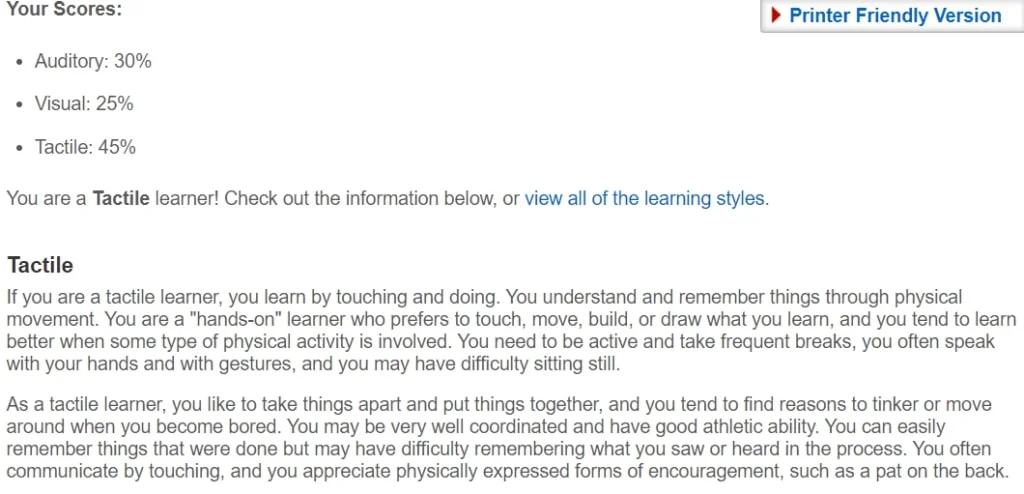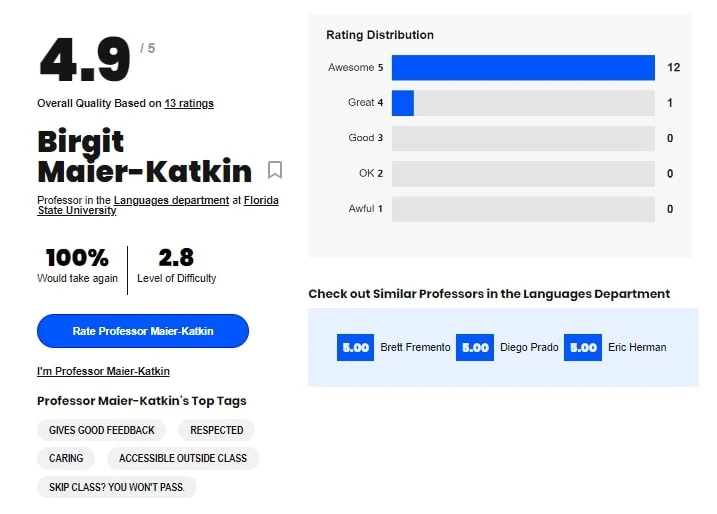
College is arguably one of the most pivotal times in any persons life, and picking college classes is just one more crazy piece to add to the mix. Personally, college so far has looked a lot like switching majors, crying in my dorm room, making some lifelong friends, laughing with them so hard it hurts, and even dropping out then returning a year later. Basically, college can be crazy, but so is life. Pushing yourself to say yes to new experiences and new people can open up so many chances and opportunities for both personal and academic growth. You may even feel like a completely different person on the other side. Either way, push yourself, plan ahead, and really try to learn. If your fresh out of high school you probably don’t want to hear that, but seriously, learning can actually be a lot of fun.
Trying to manage picking your classes in college is confusing at best. Often the scheduling system is complicated and tedious and trying to organize all the classes you need to do can be a lot of work. Luckily, you have access to a experienced college kid (aka me!) and I have a whole lot to teach you.
So, here is my top 10 tips for picking your college classes.
Decide What You Want To Do Outside Of School
Woah. I know. The first step actually has nothing to do with school.
Let me explain. College is so much more about developing yourself as a person and creating new experiences than you think. In reality you will probably change your majors a bunch of times, drop some classes, add other ones, and rework your 4 year plan over and over again. Really prioritize developing your interests and pushing yourself to grow and in turn it will help you in your classes.
Start by taking a few minutes to make a list of everything you could see yourself being interested in pursuing while in college. Here is an example list you can draw off of:
- Join a club
- Explore the college town
- Learn about nutrition
- Take yoga classes
- Go to a concert
- Start reading books
- Start exercising
Great. Now that you have your list you can sort of guess how much time you might want outside of classes or specific days you don’t want classes on that you can apply to things on your list.
This is also a good time to decide if you are working or not, and based on your job decide what days to block off and set aside for work each week.
Here is a great way to schedule this. I use a program called Notion to get this look.
For example – In my schedule Mondays and Fridays are pretty open, so I would choose to set aside those days for homework, work, or anything else I want to improve on in my life. Oftentimes laying your schedule out will help you visually decide what to prioritize and when the best time to do so is.
Think About What You Want To Study
You probably wont have an answer to exactly what you want to do right away, but looking at all your interests and things that you might want to pursue is a good choice.
If I were to start all over again I would take a variety of classes in various areas to give me a clearer idea of what I enjoy, what I thought I would enjoy (but didn’t), and what I don’t like.
Basically if you’re even remotely interesting in how pressing flowers work, take a botany class or find a way to explore that interest outside of school. You never know what might be your perfect career fit.
Plan Ahead
Before registration opens take some time to research the program requirements based off your interests. Take a look at options offered at your college for both majors and minors. Take note of what prerequisites you might need and start putting together a plan to meet these degree requirements.
Most colleges have 2 or 4 year plans for every single degree they offer. Utilize these as your base model. Print it out and write all over it as you adjust it to your specific needs.
If you’re not sure where to look start by looking up “your college” then “your degree” 4 year plan.
Example – florida state anthropology degree 4 year plan (this got me exactly what I was looking for.)
Quick note – This is also a good time to look at living situations and how you are planning on getting around once you get to the school. If you are nervous about moving without taking your car, this post is perfect for that!
Meet with Your Advisor
Schedule a meeting with your academic advisor. They can provide guidance, help you choose the right courses, and make sure you’re meeting all academic requirements. Not only do they know way more about program requirements than you do, but they probably have helpful tips that may be specific to your case or your college.
Balance Your Schedule
Once you know what you need to take, look at all your classes. Note challenging semesters and try to avoid overloading yourself, especially in your freshman year. Strive for a balanced mix of classes. Try to include a variety of subjects to keep your schooling interesting and allow you to meet a variety of people.
Know Your Learning Style
Take some time to think about you like to learn and what works for you. You don’t want to take classes in forms that you find you can focus during or hardly retain anything from.
Try this assessment to learn about how you learn.
Here are my results.
As you can see, I am a tactile learner. This basically means I need to be hands on and in person. Aka I am always going to opt for a in person class rather than a online course because that’s how I learn best.
Check Rate My Professors
Now that you know what you need to take and what forms you’d like to take it in, its time to look at the courses offered. Note what days they fall on, how much time you have between each class, and the professor.
Websites like Rate My Professors can provide valuable feedback from other students. While reviews should be taken with a grain of salt, they can offer insights into a professor’s teaching style and class difficulty. This is the best way to know if a professor is going to be a good match for you.
This is an example of what the website will show you. Note I don’t know this professor nor do I attend Florida State, just an example!
Create a Weekly Schedule
Once you have your classes selected, create a weekly schedule that includes study time, extracurricular activities, and personal time. I use a program called Notion for mine, and it has been a life saver.
If you do best on paper, write a calendar week out and model what that class week will look like. Also take time to note when you have breaks to see friends, study, develop a skill or try something new.
Register for classes
Now you have all the materials you need to register. Take a look at your registration time and set a calendar alert, a alarm, whatever. No matter what it is, you will benefit from registering as fast as you can so the classes you want won’t be full.
A lot of colleges allow you to put your courses into a “cart” and save it for your registration time. That way you can register all at once without having to go back through everything.
If your college doesn’t have this, write down the course registration numbers to have on hand so you can easily input them.
Be Flexible and Have Backup Options
Popular courses can fill up quickly, or there might be upperclassmen who have registration priority over you. So have backup options in case your first choices are unavailable. Being flexible with your schedule will help you avoid unnecessary stress. Note that even if it seems stressful in the moment, if something isn’t perfect or gets skewed, you will probably be able to manage it just fine.
You’re done!
Hopefully these tips leave you feeling prepared to tackle picking the perfect college classes. As you know, the process of picking the right classes and managing your schedule in college can be both exciting and challenging. With proper planning, guidance from advisors, and attention to your own preferences and needs, you can create a schedule that sets you up for both academic success and personal growth. And most importantly, remember that college is not just about academics; it’s also an opportunity to explore your interests and passions while preparing for your future career. So, make the most of your college experience by pushing yourself to grow, learn from your mistakes, and really apply yourself whether it be to picking the perfect college classes or anything else. Good luck!













2 Responses